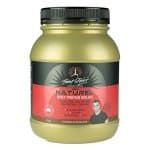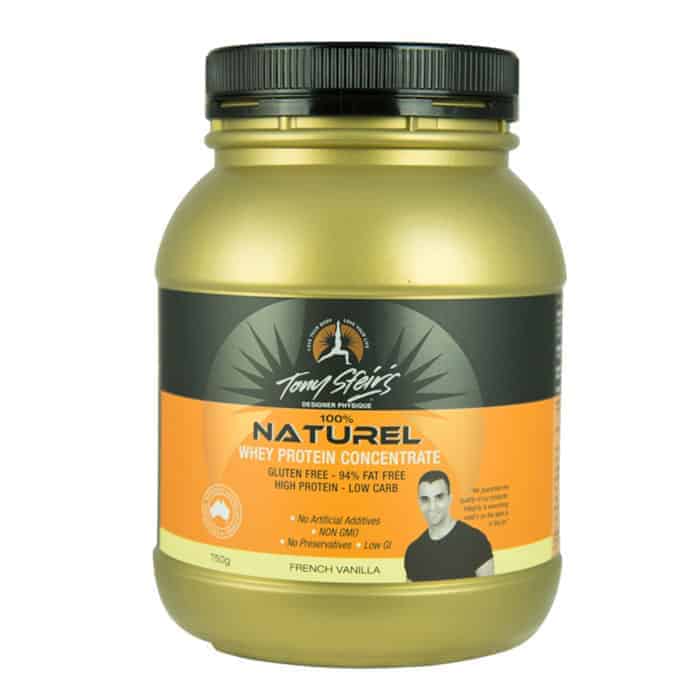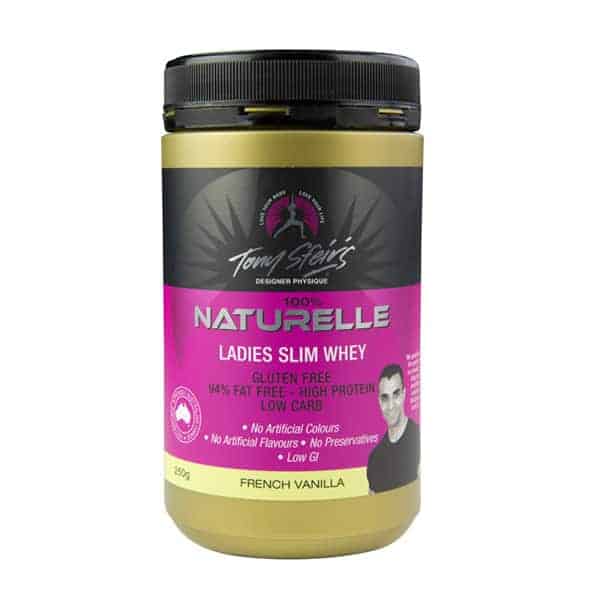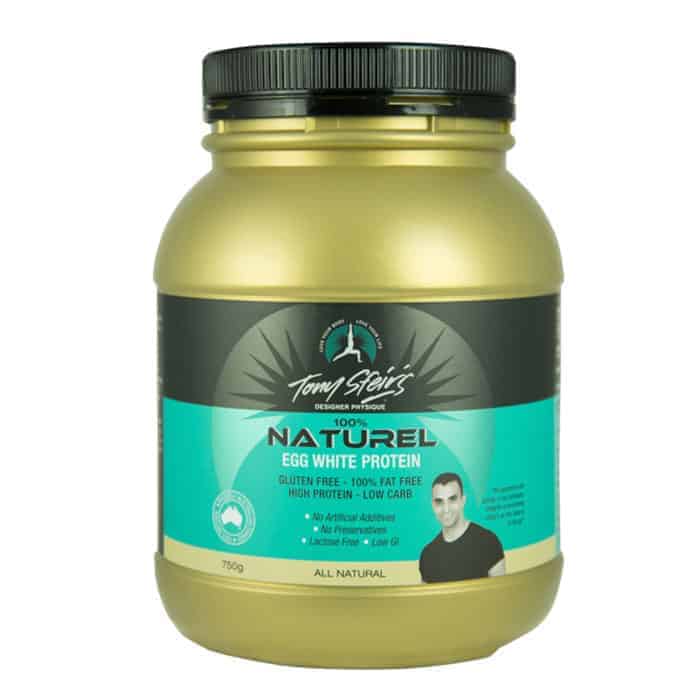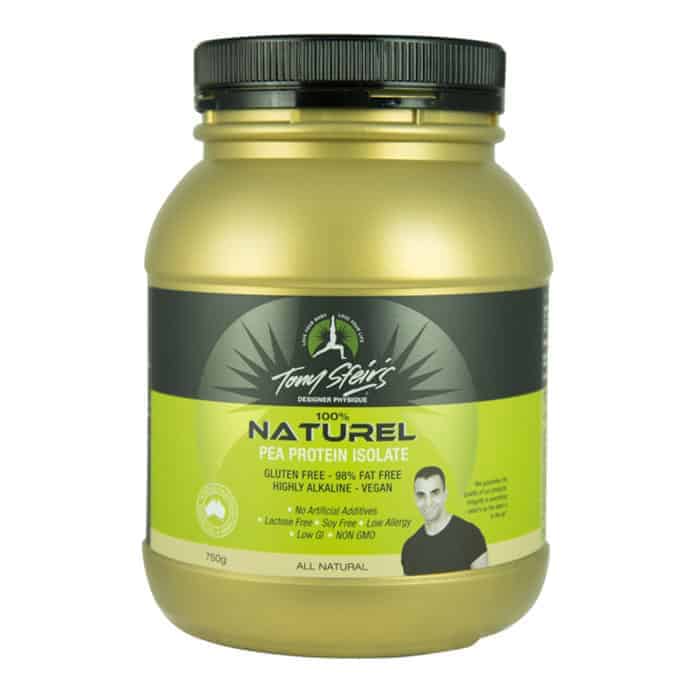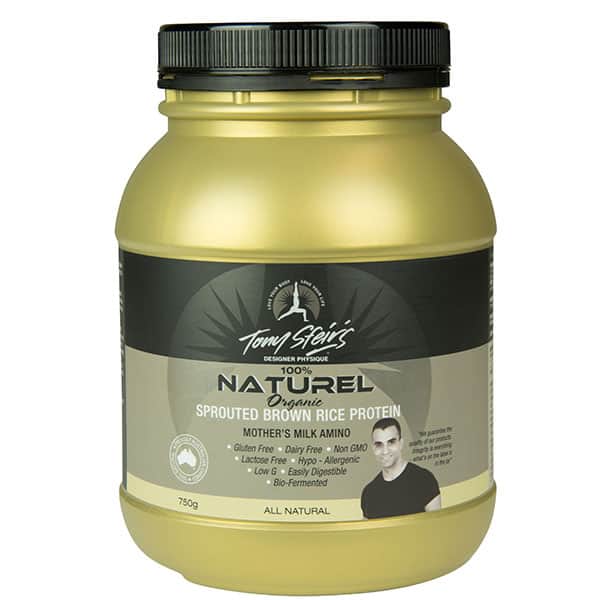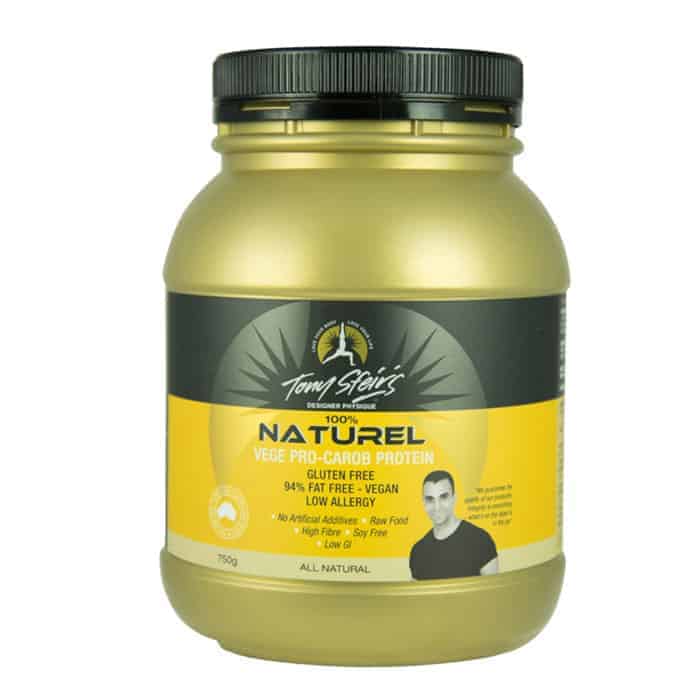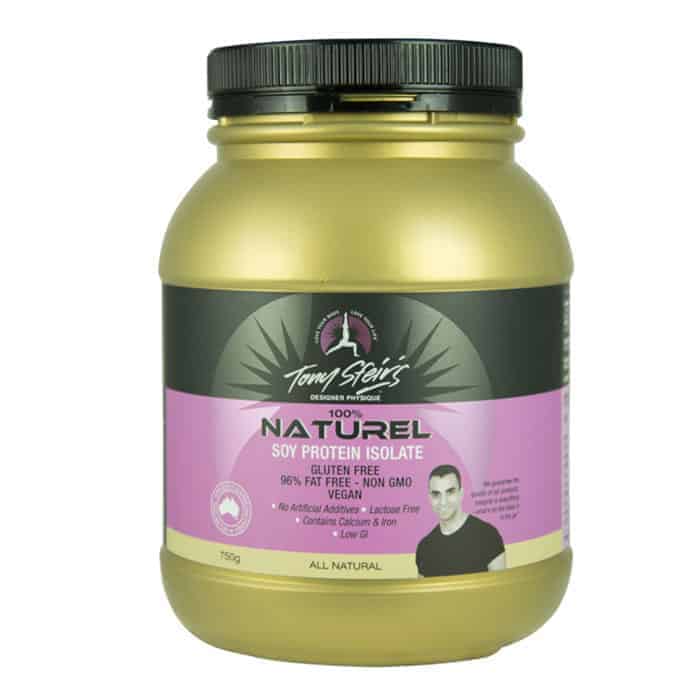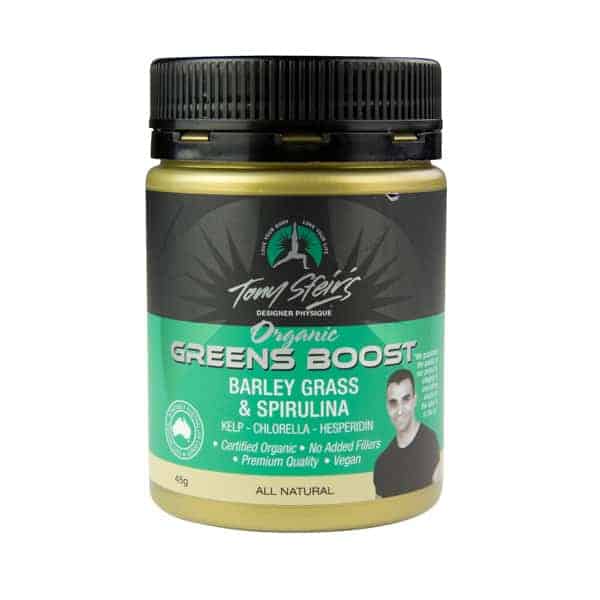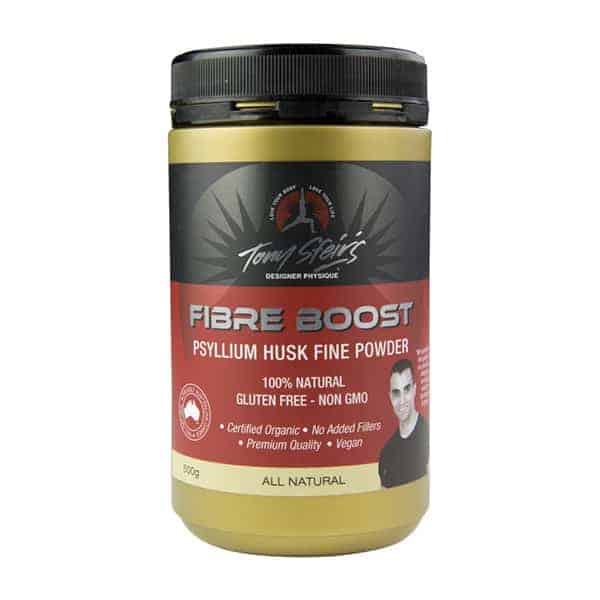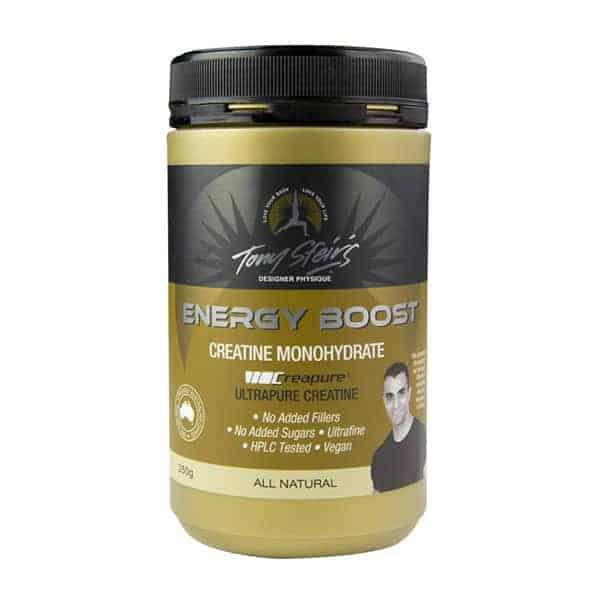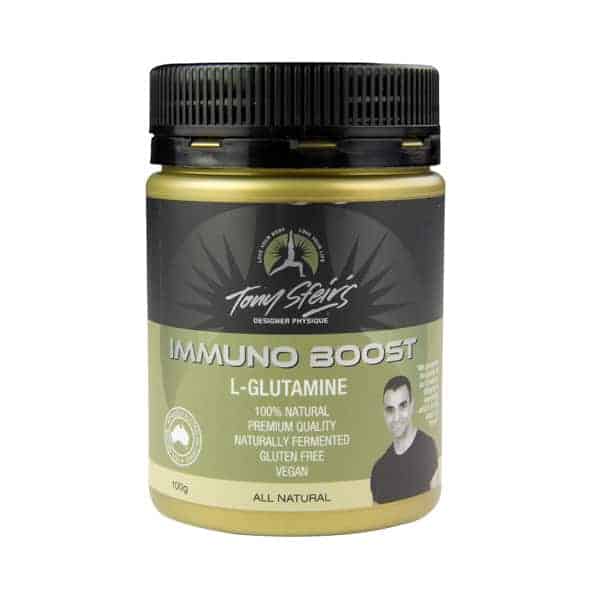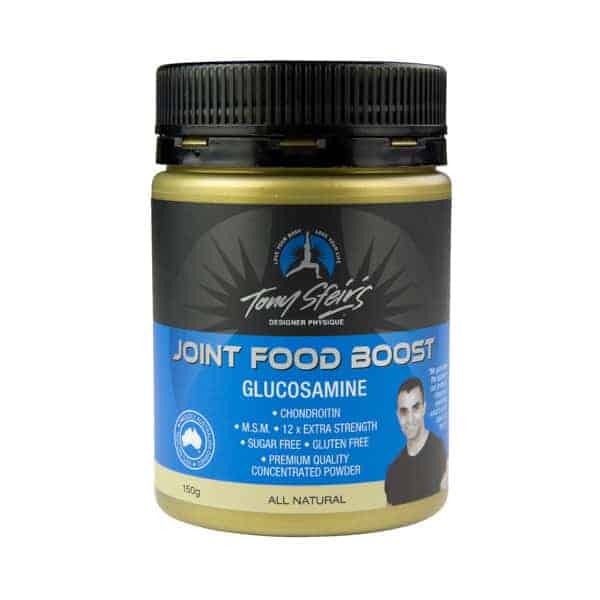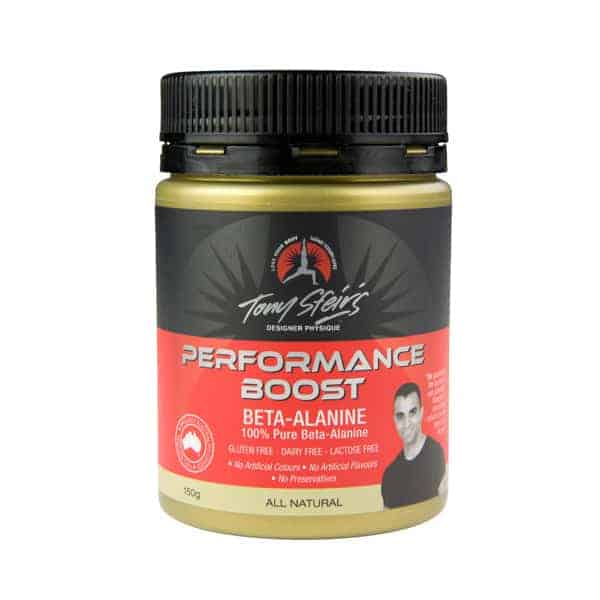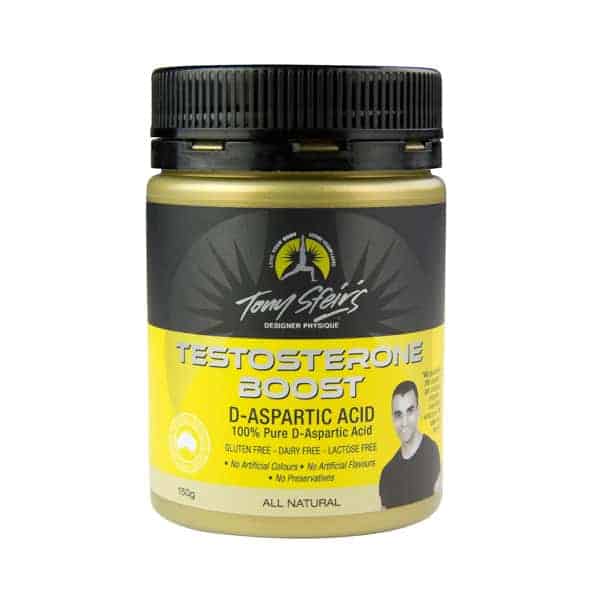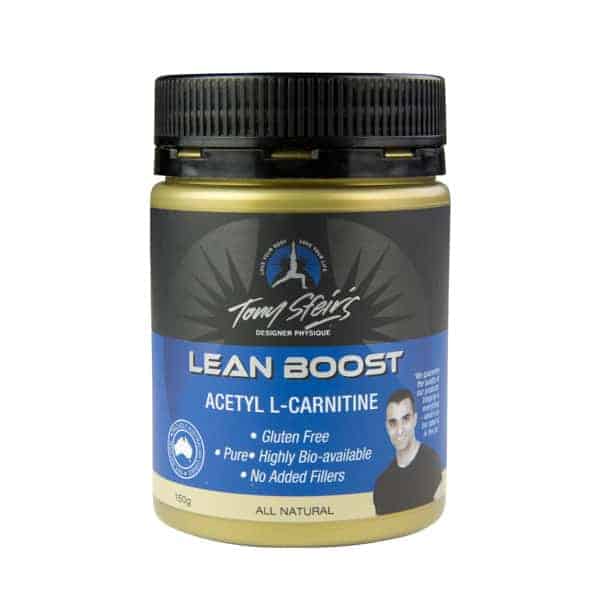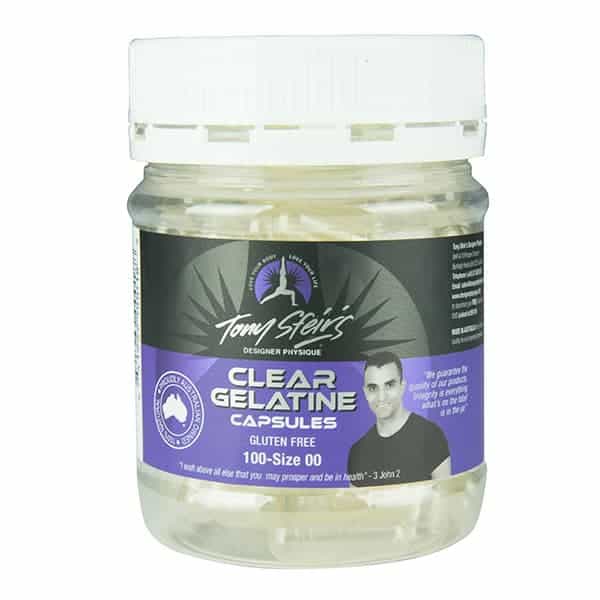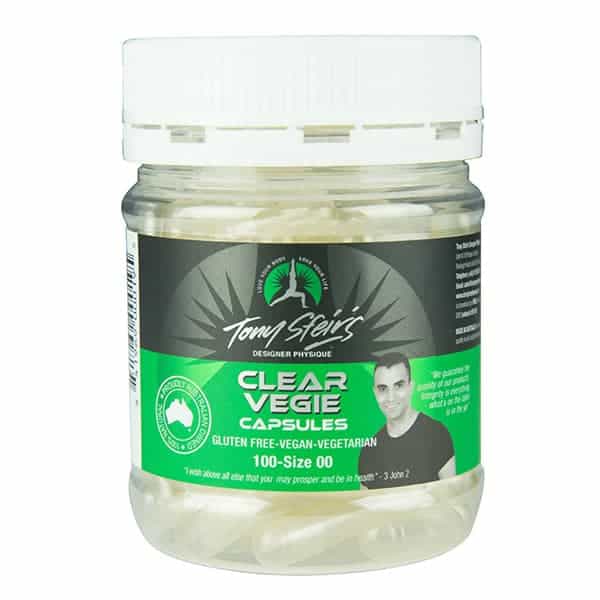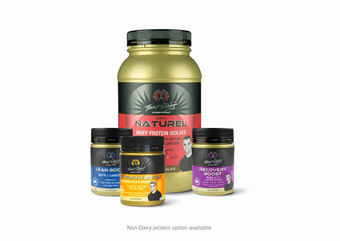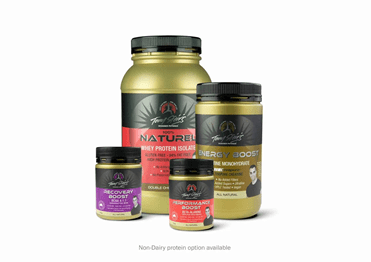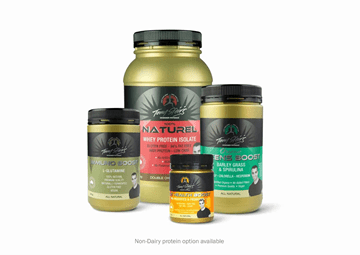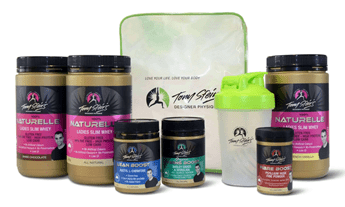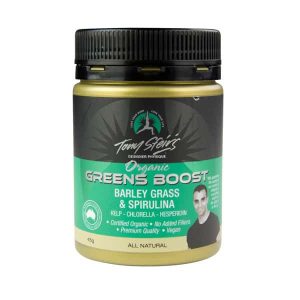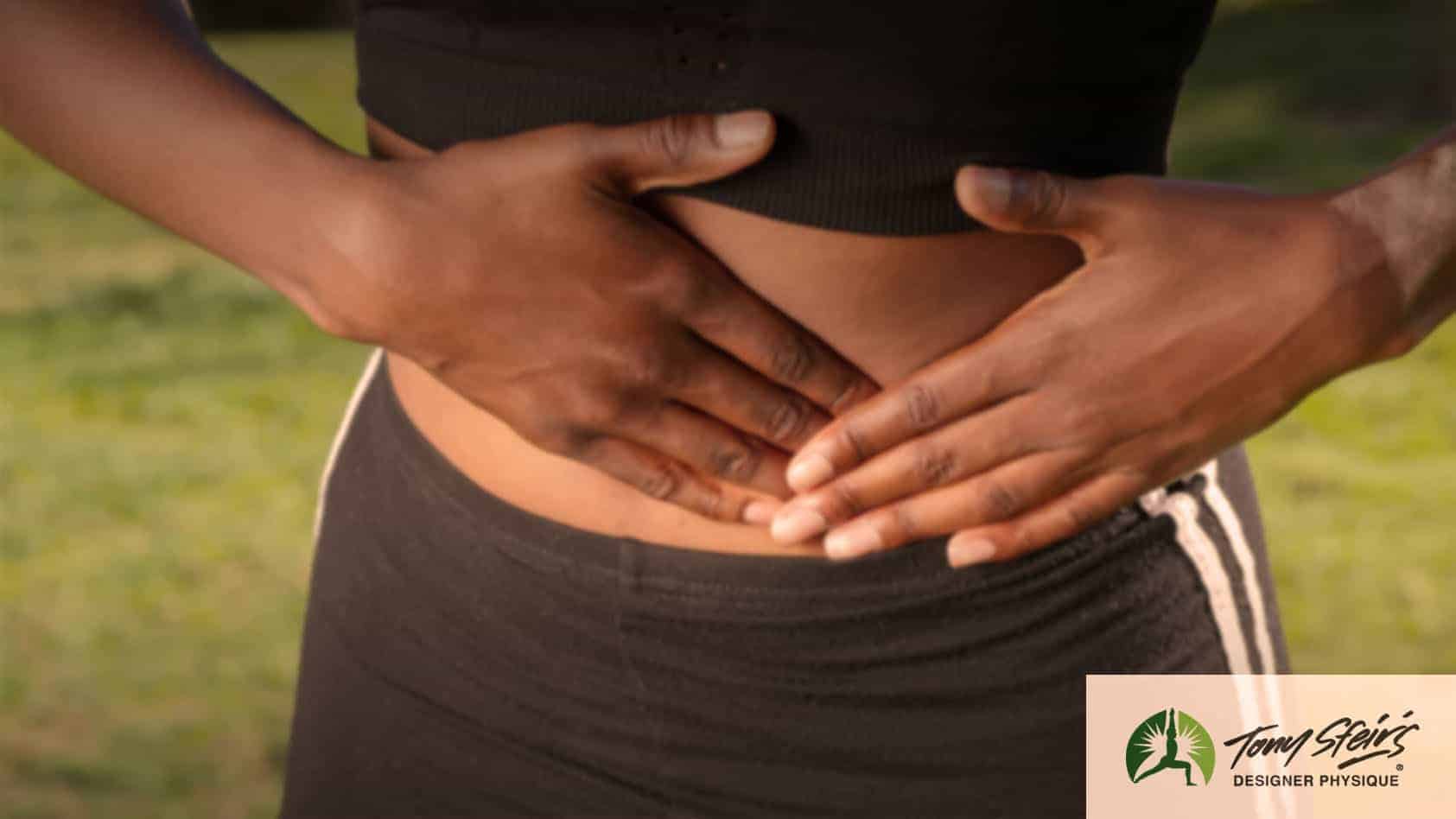Fact: We need protein to build muscle, and most people know that using a whey or plant protein powder is a great way to do this.
But did you know protein powder has many other benefits than just repairing tissue and building muscle?
From improving skin appearance, maintaining our gut health to synthesising and making essential enzymes and hormones we need for our body to function optimally.
Protein powder serves a purpose for everyone, and not just athletes or exercise enthusiasts looking to pack on size.
What’s even better, there are many options out there, including plant protein, pea protein, or dairy-based whey protein sources.
Protein Powder for Healthy Skin
Protein intake is absolutely essential for not only building and repairing muscle, but also for improving skin hydration, elasticity, firmness, and enhancing the overall appearance of our skin (Bolke et al., 2019).
Protein is an important building block for all tissue cells in our body, and this includes our skin. Poor protein intake may lead to a decrease in the skin’s ability to regenerate and repair, which can result in an increase in visible skin ageing (Cao et al., 2020).
Protein is kind of like the ultimate anti-aging strategy that you know is going to deliver results, assuming you’re using a great protein powder.
Good protein powder, such as pea protein or whey protein concentrate is great option to ensure we get the best support for our skin.
A Note on Whey Protein: Whey is a great option for most people, although, unfortunately not everyone’s body agrees with it, and it’s best to check if you have a whey protein allergy.
Read more on the 4 Signs You’re Allergic to Whey Protein Powder here.
And Also For Our Hair and Nails
Just like we need protein as a building block for our skin, we also need it for our hair and nails (and everything else, really).
Our hair and nails consist of a range of amino acids (cysteine and proline to note some) that we need to maintain a healthy appearance, stiffness, brittleness, and colour.
One particular compound that’s maintained when we consume protein regularly is keratin, which protects our hair and ensures our nails maintain toughness and strength (Muizzuddin & Benjamin, 2019).
Of course, we do need to ensure we’re getting an adequate intake of vitamins, minerals, and other compounds too that are essential for our hair and nails, such as Zinc, B5, and essential fatty acids.
This is why it’s always good to have a nutrient-dense green powder on hand, such as our Organic Greens Boost, which contains a great vegan source of essential nutrients for our skin and nails.
Protein is Essential for Gut Health
Hopefully, you’ve realised by now that we need protein powder for a ton of things, although one area we need it especially for is our gut.
Just like protein is used to maintain our hair, skin, and nail integrity, we also need it to maintain intestinal barrier function.
One particular important amino acid found in protein powder is Glutamine, which helps to repair and protect the gut (De Santis et al., 2015).
This is why Designer Physique created the Immuno Boost Pure L-Glutamine supplement, which is a great way to support your gut health and boost your immune system in the process (it’s also great for skin cell protection!).
Of course, there is some controversy around high-protein diets and the way it may negatively impact our gut microbiome, which suggests the potential of gut dysfunction and inflammation (Kårlund et al., 2019).
This is why on top of using a quality bioavailable protein powder, such as a pea protein or hemp protein; you should also be supporting your gut microbiome. Using products such as a good organic greens powder, or fibre supplement such as Designer Physique’s Fibre Boost, is a great way to do this.
Gut issues could also indicate a whey protein allergy, and if this is the case, it’s always best to consult with your local health care practitioner.
Protein Powder for Healthy Hormones
One last important thing we need protein powder for is healthy hormone and neurotransmitter production.
I’m sure you know by now, but protein powder is made up of amino acids, some of which are essential for the production of many well-known hormones including estrogen, insulin, and melatonin (which is critical for healthy sleep patterns).
On top of this, we need protein for a healthy nervous system, mainly because several amino acids are required to synthesise various neurotransmitters.
Some to note are glutamate and gamma-aminobutyric acid (GABA), and we actually need a balance of these two for optimal digestion and healthy mood states (Dalangin et al., 2020).
Long story short, without protein, our nervous system, and hormone pathways don’t work too well.
A Note on Protein Powder in Pregnancy: Something we’re asked often, and now that we’re talking about hormones, you may be wondering, is it safe?
The Takeaway
When we think of protein powder, it can be so easy to pair it to bodybuilding or muscle gain, and completely miss its other critical benefits.
From improving our gut health, regulating our hormones, and enhancing the appearance of our skin, protein is definitely so much more than just a muscle builder.
Of course, we always suggest if you’re going to use protein powder, to choose a quality one, such as Designer Physique’s Pea Protein Isolate, Hemp Protein, or Sprouted Brown Rice Protein.
Of course, you can use a whey protein powder too; just make sure you don’t have a whey protein allergy, read this article for further help on this.
Lastly, we don’t want to guzzle protein shakes without considering our overall nutritional health, so it’s always important to pair protein supplementation with an organic greens powder and fibre supplement.
As always, if you have any questions or stories to share with protein, leave a comment below!
References
- Bolke, L., Schlippe, G., Gerß, J., & Voss, W. (2019). A collagen supplement improves skin hydration, elasticity, roughness, and density: Results of a randomized, placebo-controlled, blind study. Nutrients, 11(10), 2494. https://doi.org/10.3390/nu11102494
- Cao, C., Xiao, Z., Wu, Y., & Ge, C. (2020). Diet and skin aging—From the perspective of food nutrition. Nutrients, 12(3), 870. https://doi.org/10.3390/nu12030870
- Dalangin, R., Kim, A., & Campbell, R. E. (2020). The role of amino acids in Neurotransmission and fluorescent tools for their detection. International Journal of Molecular Sciences, 21(17), 6197. https://doi.org/10.3390/ijms21176197
- De Santis, S., Cavalcanti, E., Mastronardi, M., Jirillo, E., & Chieppa, M. (2015). Nutritional keys for intestinal barrier modulation. Frontiers in Immunology, 6. https://doi.org/10.3389/fimmu.2015.00612
- Kårlund, A., Gómez-Gallego, C., Turpeinen, A. M., Palo-oja, O., El-Nezami, H., & Kolehmainen, M. (2019). Protein supplements and their relation with nutrition, microbiota composition and health: Is more protein always better for Sportspeople? Nutrients, 11(4), 829. https://doi.org/10.3390/nu11040829
- Muizzuddin, N., & Benjamin, R. (2019, November). Beneficial Effects of a Sulfur-Containing Supplement on Hair and Nail Condition. Natural Medicine Journal, 11(11). https://www.naturalmedicinejournal.com/journal/2019-11/beneficial-effects-sulfur-containing-supplement-hair-and-nail-condition

